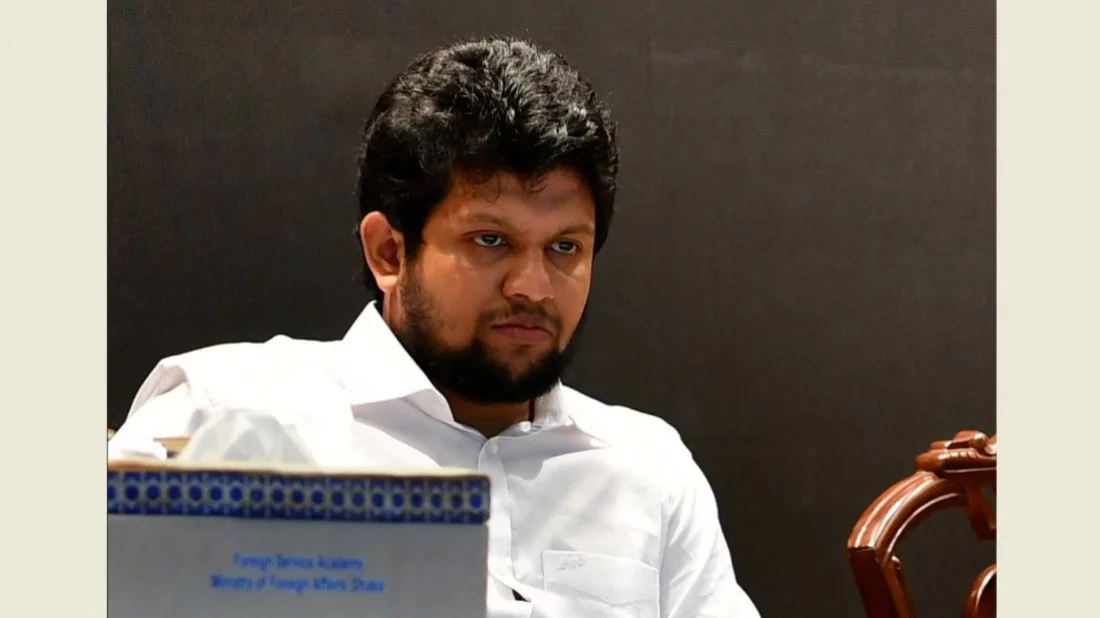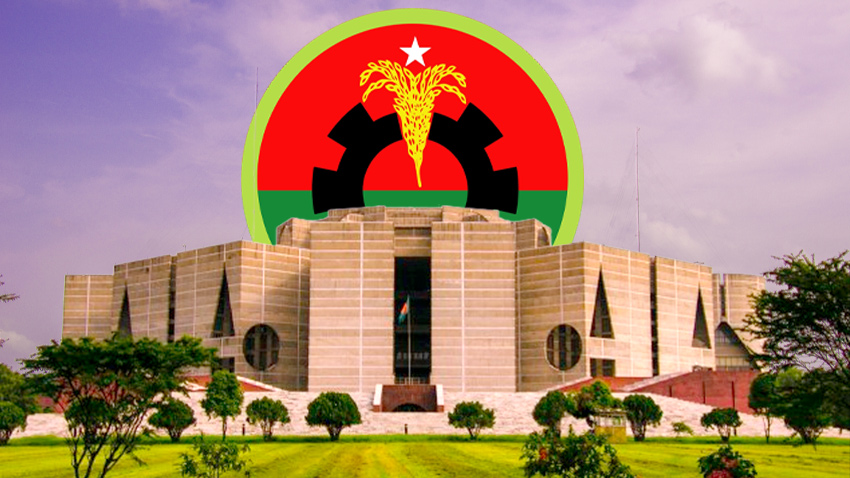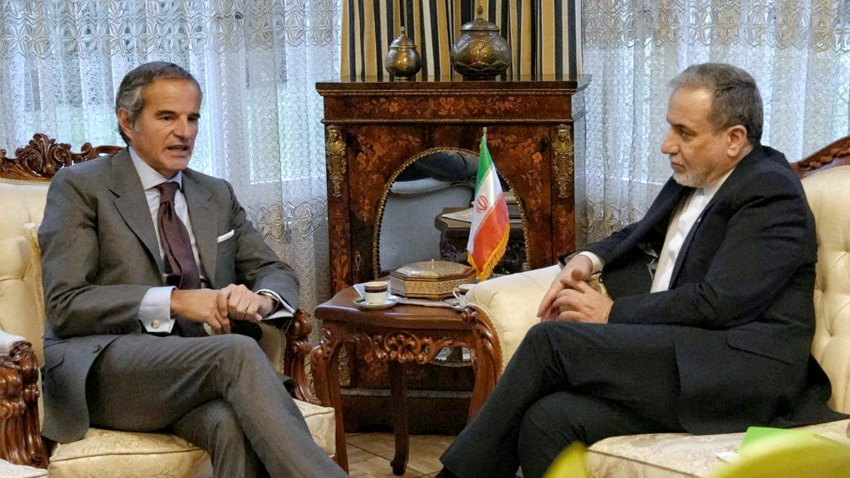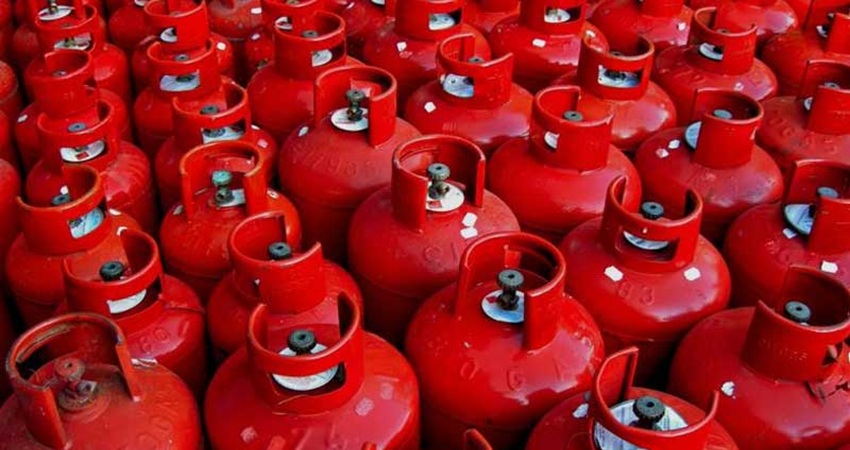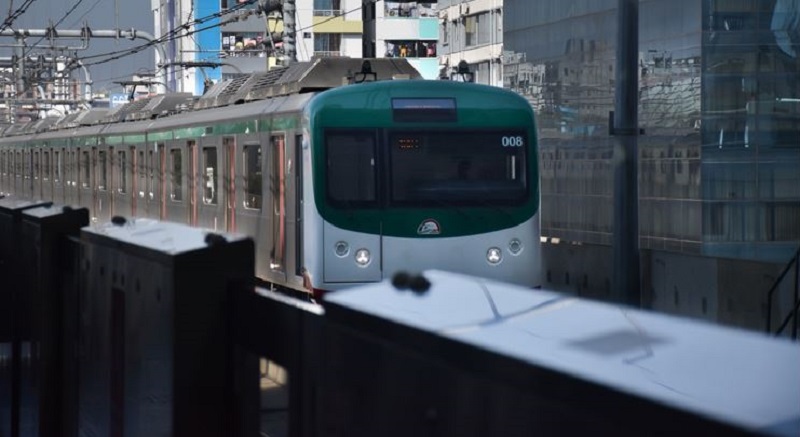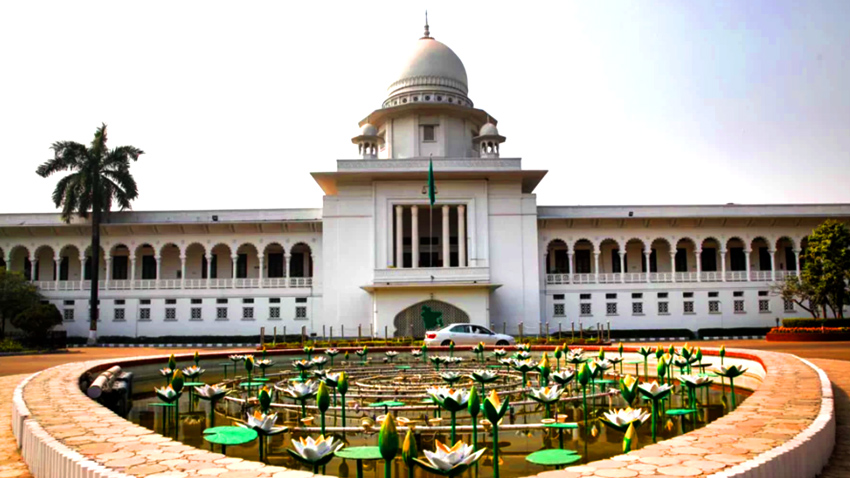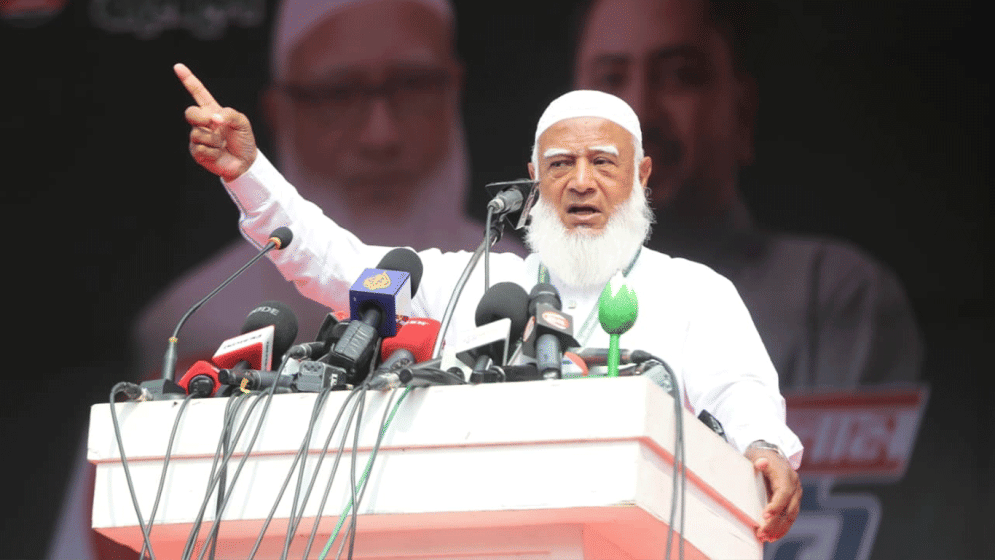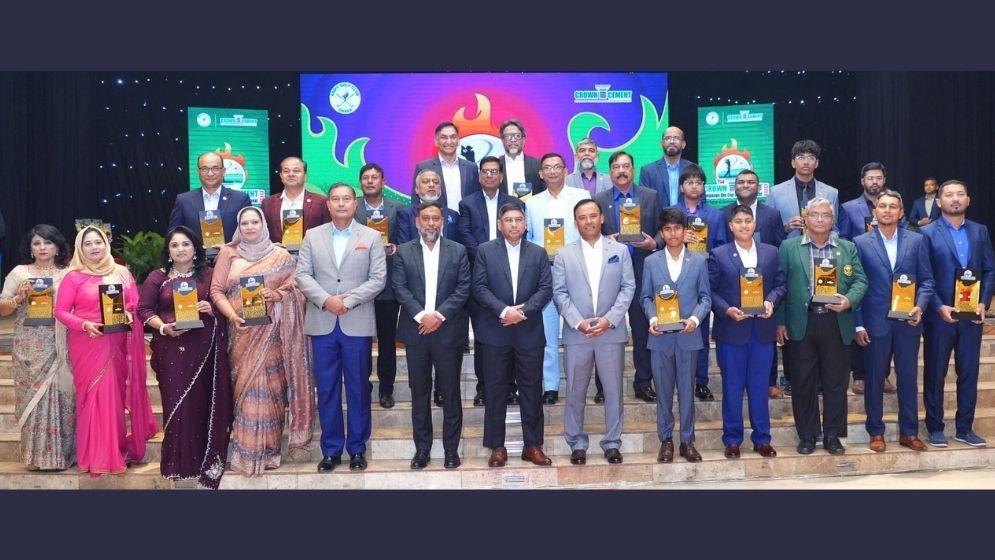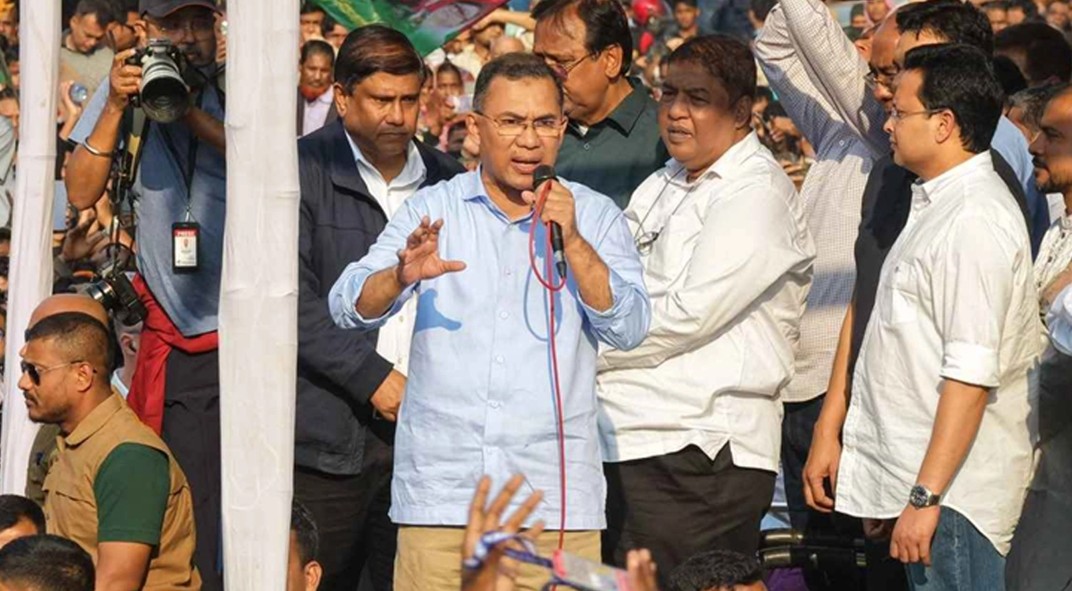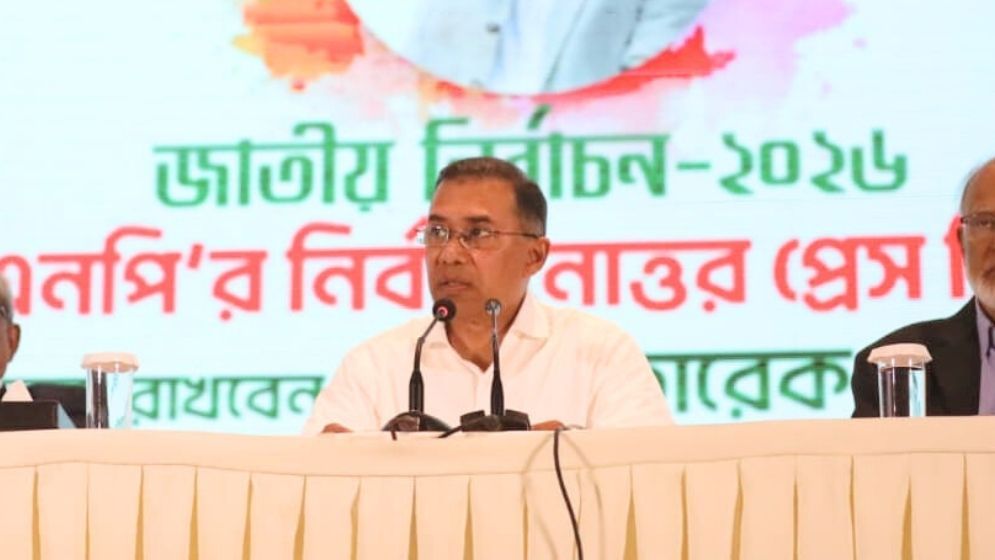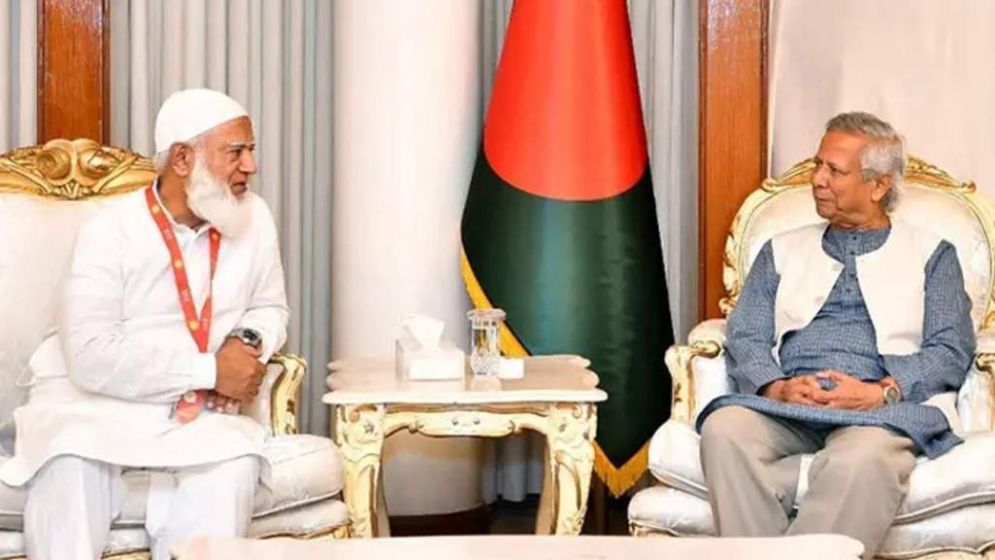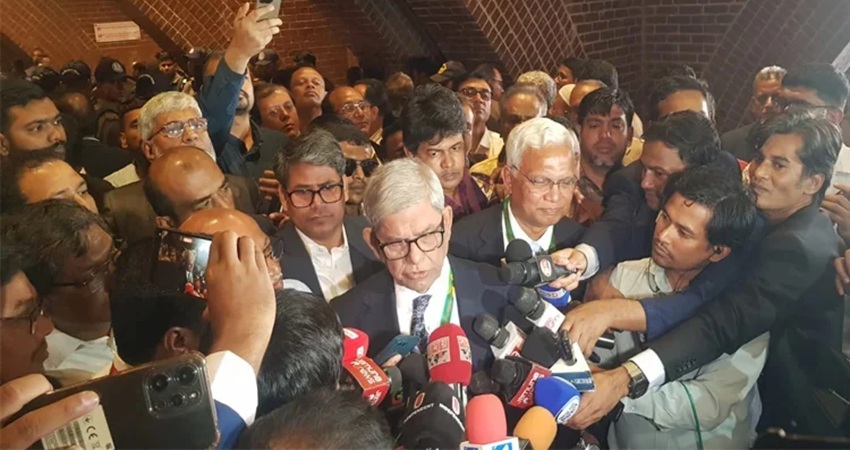The Executive Committee of the National Economic Council (Ecnec) has withheld approval for the proposed Climate-Resilient Livelihood Enhancement Project (CRLEP), aimed at improving living standards in the haor and drought-prone Barind regions, following objections raised by Syeda Rizwana Hasan, adviser to the Ministry of Environment, Forest and Climate Change.
The project was returned for revision with directives to reduce infrastructure components and align it with the actual needs of the haor region before resubmission to Ecnec.
The decision came at an Ecnec meeting held on Tuesday at the NEC Conference Room in the capital’s Sher-e-Bangla Nagar, chaired by Chief Adviser and Ecnec Chairperson Dr Muhammad Yunus.
According to meeting sources, 13 projects were approved during the session, involving a total expenditure of Tk1,988 crore — including Tk1,885.07 crore in government funding, Tk53.02 crore from project loans, and Tk50 crore from the implementing agencies’ own funds.
Of these, three are new projects, seven are revised, and three have had their duration extended without cost escalation.
During the meeting, Environment Adviser Syeda Rizwana Hasan objected to the structure of the CRLEP, noting that while it was presented as a climate-resilience initiative, its main emphasis was on brick-and-mortar infrastructure rather than sustainable livelihood development and poverty reduction.
Following her remarks, Ecnec decided to revise and resubmit the project with reduced infrastructure components to better reflect the region’s real requirements.
Earlier, a media report titled “A Brick-and-Mortar Project in the Name of Climate Resilience” raised similar concerns, pointing out that despite its title, the project’s activities were largely construction-focused.
Environmentalists have long cautioned that excessive road and building construction in haor areas disrupts the natural flow of water during the flood season, damaging farmlands and affecting fish breeding patterns.
The CRLEP, estimated to cost Tk1,268.80 crore, was to be implemented by the Local Government Engineering Department (LGED) over five years. Of the total cost, Tk305 crore was to be financed by the government, Tk854 crore as a loan from the International Fund for Agricultural Development (IFAD), and Tk109.80 crore as a grant from Danida, Denmark’s development agency.
The project proposed the construction of 334 kilometres of roads, 58 rehabilitated markets, 34 ghats, 72 cyclone shelters, 480 toilets, and 720 tube wells. It also included training for 40,000 youths and the development of 20,000 entrepreneurs.
However, a Planning Commission assessment found that nearly two-thirds of the total expenditure would be spent on constructing roads, ghats, markets, and shelters — activities that diverged from the project’s stated climate-resilience objectives.
The Commission’s Agriculture, Water Resources, and Rural Institutions Division had earlier recommended strengthening the livelihood and training components, but these were not reflected in the final proposal.
Consequently, based on the environment adviser’s observations, Ecnec decided to return the project for revision.
Among the approved projects, notable initiatives include the Cox’s Bazar Agricultural and Food System Transformation for Resilience Project, the Rural Earthen Road Sustainability Project, the Khulna Division Rural Infrastructure Development Project, the Gazipur City Corporation Internal Road and Footpath Development Project, the Uttara Lake Development Project, the Bangladesh Embassy Building Construction Project in Canberra, the Kishoreganj–Pakundia–Mirzapur Tok Road Development Project, the BSTI Laboratory Expansion Project, the Ghorashal Third Unit Rehabilitation Project, the Upgrading of Pabna Mental Hospital to an International Standard Institute, and the Rehabilitation of Level Crossing Gates in the Western and Eastern Railway Zones.
Ecnec sources clarified that although the climate-resilient project was returned, it has not been cancelled. Once restructured to reduce its infrastructure dependency and enhance livelihood and vocational training components, it may be resubmitted for approval.
According to the environment adviser, achieving sustainable development requires building nature-aligned livelihoods, not the destruction of nature itself. True progress, she noted, lies in creating resilience that harmonises with the environment rather than undermining it.


 Reporter Name
Reporter Name 

